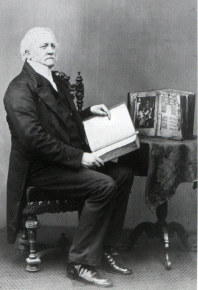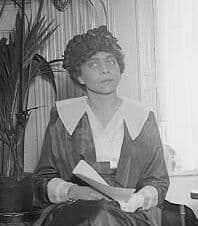


Book Collecting
Book Collecting is a global community of enthusiasts who acquire, curate, and preserve books—often focusing on rare, limited, or historically significant editions. Members distinguish themselves through their specialized knowledge, jargon, and deep engagement in auctions, fairs, and collector circles.
Statistics
Summary
Provenance Prestige
Insider PerspectiveAuction Rituals
Community DynamicsCondition Orthodoxy
Gatekeeping PracticesLineage Connection
Identity MarkersRare Book Collectors
Focus on antiquarian, first editions, and historically significant books.
Genre Collectors
Collectors specializing in genres such as science fiction, mystery, or children's books.
Signed/Author Collectors
Enthusiasts who seek signed editions or books with author provenance.
Auction Participants
Members who actively engage in book auctions, both online and offline.
Academic Collectors
Collectors with a scholarly interest, often collaborating with libraries and universities.
Statistics and Demographics
Book fairs, rare book exhibitions, and auctions are central offline events where collectors gather, trade, and network.
Specialized online forums host in-depth discussions, trading, and knowledge sharing among serious book collectors.
Libraries, especially those with rare book collections, serve as hubs for collectors, hosting events, talks, and exhibitions.
Insider Knowledge
’Must-have first edition’ that turns out to be a later printing
Referring to damaged dust jackets as ‘wear marks of character’
„First edition“
„Fine binding“
„Association copy“
„Dust jacket“
„Condition grading“
Never buy a book without inspecting its condition closely.
Respect provenance records and ask for documentation.
Handle books with clean, dry hands or gloves.
Share knowledge openly but avoid public shaming of others’ collections.
Margaret, 58
ArchivistfemaleMargaret has been collecting rare books for over 30 years, focusing on first editions from the 19th century, combining her archival expertise with her passion for preservation.
Motivations
- Preserving literary heritage
- Building a prestigious collection
- Sharing knowledge with fellow enthusiasts
Challenges
- Finding authentic and well-preserved editions
- Dealing with high auction prices
- Balancing collection growth with storage limitations
Platforms
Insights & Background
First Steps & Resources
Learn Book Collecting Basics
Visit Local Used Bookshops
Join Collector Communities Online
Learn Book Collecting Basics
Visit Local Used Bookshops
Join Collector Communities Online
Attend a Book Fair or Auction
Start a Focused Starter Collection
„Sharing a recent find or favorite book story when meeting a new member.“
Assuming any old book is automatically valuable.
Neglecting dust jackets or binding details during appraisal.
Facts
European collectors often place greater emphasis on incunabula (books printed before 1501) and early manuscript provenance compared to other regions.
North American collectors tend to favor first editions of American authors and signed copies, reflecting national literary pride.
In Asia, there is growing interest in ancient texts, calligraphy, and historically significant scrolls, blending book collecting with art collecting traditions.

























